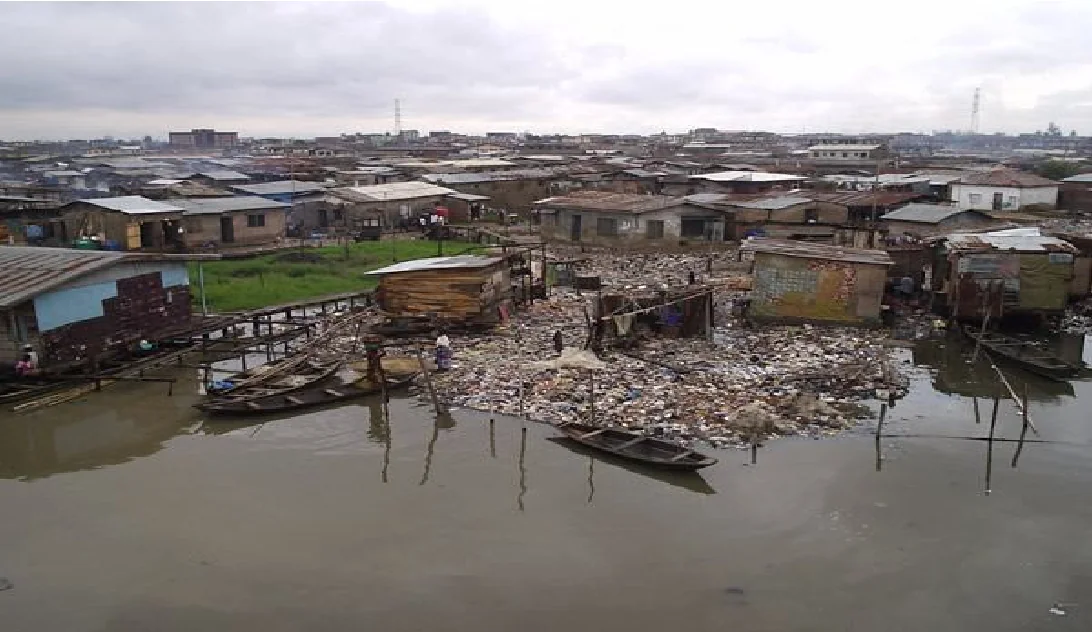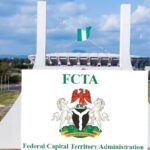Lagos Raises the Alarm Over Imminent Environmental Collapse of Lagoon

The Lagos State Government has sounded a dire warning concerning the swiftly declining condition of the Lagos Lagoon, depicting the scenario as an impending environmental and societal disaster unless immediate measures are implemented.
During a press briefing preceding the Lagos Waterfront Summit, the Commissioner for Waterfront Infrastructure Development, Hon. Yacoob Dayo Alebiosu, delineated a series of escalating threats to the lagoon’s ecosystem, encompassing industrial pollution, unlawful fishing activities, climate change-induced sea level rise, and coastal erosion.
Scheduled for September 11 at the Eko Hotel and Suites, the summit, themed “Pressure on the Lagoon: The Lagos Experience,” seeks to highlight the challenges confronting Lagos’ waterfronts while forging a path towards sustainable development.
“The Lagos Lagoon is under immense pressure from both anthropogenic and climatic factors. Without prompt and coordinated intervention, this vital ecosystem and the communities it sustains may be irretrievably lost,” Alebiosu cautioned.
The Commissioner revealed that the lagoon has become one of Africa’s most contaminated ecosystems, with over 10,000 cubic meters of industrial waste discharged into it daily. These effluents, primarily emanating from the oil, textile, and manufacturing industries, contain perilous heavy metals such as mercury, cadmium, lead, and nickel.
In addition to industrial waste, domestic sewage and agricultural runoff continue to introduce toxic organic compounds into the lagoon, further imperiling aquatic life and public health.
Alebiosu also underscored the effects of overexploitation of aquatic species, particularly through illegal fishing practices, which have precipitated a precipitous decline in fish populations. This, he noted, jeopardizes the lagoon’s biodiversity and undermines the livelihoods of local fishing communities.
He noted that activities such as sand mining, dredging, and unregulated land reclamation have significantly altered the lagoon’s natural landscape, leading to extensive habitat loss.
The Commissioner expressed apprehension over Lagos’ rapid urban development, which persistently encroaches upon crucial wetland areas—natural flood buffers that bolster both human and ecological resilience.
“Every wetland lost is a flood risk gained,” Alebiosu remarked, warning that construction in sensitive wetland zones is exacerbating the city’s susceptibility to urban flooding.
He added that drainage systems are frequently obstructed by plastics and non-biodegradable waste, further exacerbating flood conditions during the rainy season.









